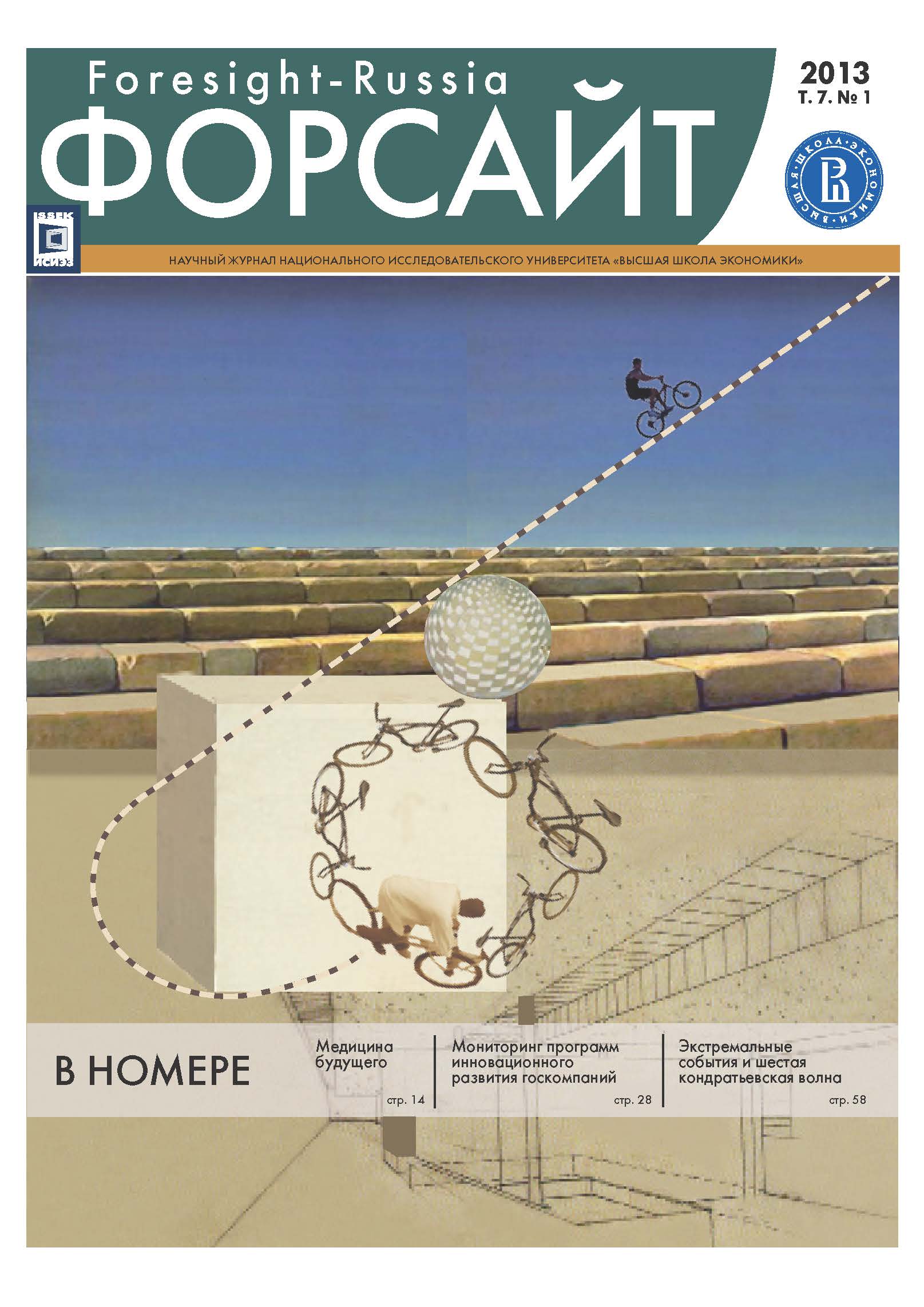Abstract
Relations between the human and hi-tech worlds, even until recently considered the subject of science fiction, are taking a more real shape and becoming the focus of expert discussions. Some specialists suggest that in the future machines can become the principal creator of new technologies and race far ahead of humanity. However, emerging technologies for human enhancement offer new possibilities for humans to remain competitive against machines and to acquire more advanced physical and mental capacities. These techniques are interdisciplinary, drawing primarily on advances in medicine, pharmacology, nutrition, mobile communications, neuroscience and cognitive sciences.
This paper provides examples of such developments, analyzes their contribution to the expansion of human capabilities and, consequently, implications for the future working environment. It addresses ethical issues and risks associated with human enhancement technologies, in particular, the emergence of the new social divide — between the users of such technologies and people lacking access to them. Finally, it discusses some wild cards that may cause future surprises and shocks, i.e. machines that can control a human-excluded world, a virtual level of human life that dominates real life. The author notes that such conditions will require rethinking established views of personality, human responsibility and mutual obligations that will help the establishment of new behavioral patterns.
References
ABI Research (2013) Wearable Computing Devices, Like Apple's iWatch, Will Exceed 485 Million Annual Shipments by 2018. Режим доступа: http://www.abiresearch.com/press/wearable-computing-devices-like-apples-iwatch-will (дата обращения 27 февраля 2013 г.).
AMS et al. (2012) Human enhancement and the future of work (Joint workshop report, November 2012). Academy of Medical Sciences, British Academy, Royal Academy of Engineering, Royal Society.
Canton J. (2007) Outliving the Future: Longevity Medicine. Institute for Global Futures. Режим доступа: http://www.theextremefuture.com/docs/longevmed.pdf (дата обращения 10 марта 2012 г.).
Dworkin R. (2000) Sovereign Virtue: The Theory and Practice of Equality. Cambridge, MA: Harvard University Press.
European Commission (2010) Functional Food. Brussels: Directorate-General for Research.
Kurzweil R. (2005) The Singularity is Near: When Humans Transcend Biology. New York, NY: Viking.
Mitroff S. (2013) Your Next Computer Will Live on Your Arm//Wired (25 February 2013). Режим доступа: http://www.wired.com/business/2013/02/thalmic-labs/(дата обращения 28 февраля 2013 г.).
Monash University (2012) Intelligent Robotics and Smart Devices. Режим доступа: http://www.infotech.monash.edu.my/research/intelligent-robotics-and-smart-devices.html (дата обращения 01 февраля 2013 г.).
NIH (2006) Regenerative Medicine 2006. Bethesda, MD: National Institutes of Health.
Schöler H.R. (2007) The Potential of Stem Cells: An Inventory//Humanbiotechnology as Social Challenge/Eds. N. Knoepffler, D. Schipanski, S.L. Sorgner. Ashgate Publishing Ltd. P. 28.
WEF (2012) Global Agenda Council on Robotics & Smart Devices report. World Economic Forum.
WHO (2010) WHO Guiding Grinciples on Human Cell, Tissue and Organ Transplantation (as endorsed by the sixty-third World Health Assembly in May 2010, in Resolution WHA63.2). World Health Organisation.

This work is licensed under a Creative Commons Attribution 4.0 International License.

